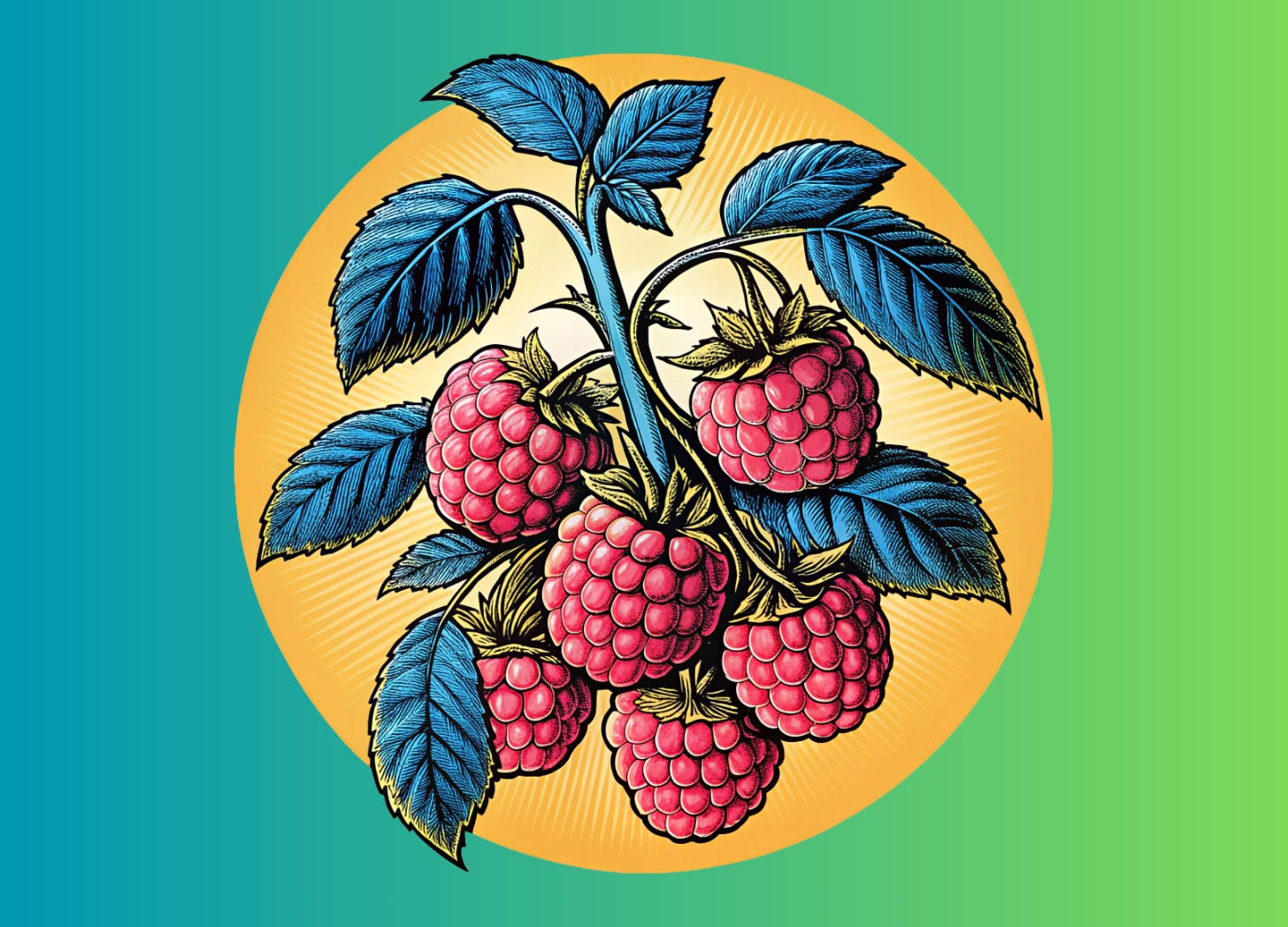Tendō (天道): Natural Order
Life ripens on its own time. Freedom comes when you stop forcing and start tending.
I like to spend time in my garden surrounded by plants. Many of which I’m eager to see grow and produce their delicious fruit or beautiful flower.
Like any impatient gardener, I do everything I can to help them along — special fertilizers, soil mixes, even expensive growlights and fans in some cases.
I have no doubt all of this stuff helps — yet my plants refuse to be rushed.
No matter how much I tweak the conditions and care for my plants, there’s nothing I can do to make them grow faster.
Growth takes the time it takes.
This is the essence of tendō — which translates to something like the “natural order" of things.
It's the idea that life unfolds according to its own uncontrollable rhythm.
Lao Tzu said it best:
“Nature never hurries, yet everything is accomplished.”
Plants bloom when they’re ready. Seasons turn without force. Life moves on its own schedule — whether I push or not.
To live in accord with tendō is to recognize that the same natural order exists in our own lives. It's a reminder to cultivate and support, but ultimately to trust the natural progression of things.
Alignment, Not Resignation
Tendō has nothing to do with passive resignation. We are part of the natural order, and our influence is real and tangible — but also limited.
Living in accordance with Tendō is about cultivating a conscious alignment with the natural order.
Another example from my garden: just a few weeks ago, I planted some hops seeds. I sterilized my soil, carefully planted the seeds, and placed them in the fridge where they will sit for the next few months. Hops require very specific sprouting conditions and are notoriously slow. There is nothing I can do to speed up the process. I must simply wait until they are ready.
But what I can do is participate by planting them in the first place, protecting them while they’re vulnerable, providing them with the soil conditions they need to thrive, and transferring them to a safe home when they’re ready to stretch into leaves.
Life needs our effort, but also our willingness to wait.
The Quiet Law Running Through Everything
Everything expresses tendō. You can see it in the steady cycle of the seasons, the rising and falling of tides, and the moving of breath in and out of our lungs.
It's in the way our body heals after a cut, how sleep comes when the mind finally lets go, and in the way a melody unfolds note by note.
The "natural order" of things isn't some distant principle — it's a current that runs through everything we do.
This is also why zazen — seated meditation (which forms the core practice of Zen Buddhism) — is often described as an embodiment of tendō. In zazen, there’s no forcing. No chasing after insight. And no attempting to bend the mind to your will.
You sit, you breathe, and you allow thoughts and emotions to come and go on their own time.
Nothing is hurried, nothing is suppressed, nothing is added.
When you allow reality to unfold as it will, you realize that you, too, are part of that same order.
Similar Zen Concepts
Mujō (Impermanence) — Tendō and mujō both point to forces beyond our control. Mujō reminds us everything changes; tendō reminds us it changes on its own schedule.
Shizen (Naturalness) — Where tendō is the natural order itself, shizen is the way of living in harmony with it… unforced, genuine, spontaneous.
Ma (Negative Space) — Ma is the gap that allows rhythm to breathe. Tendō is the rhythm itself, the unfolding order that fills those spaces.
Dō (The Way) — Tendō is one expression of dō. Where dō points to the path of practice, tendō points to the invisible order that guides it.
Te (Inner Power) — Te, primarily a Taoist concept, is the effortless strength that arises when one lives in harmony with the Way. Where tendō names the natural order itself, Te is how that order manifests through us when we align with it.


